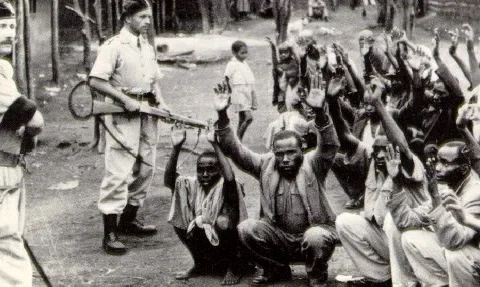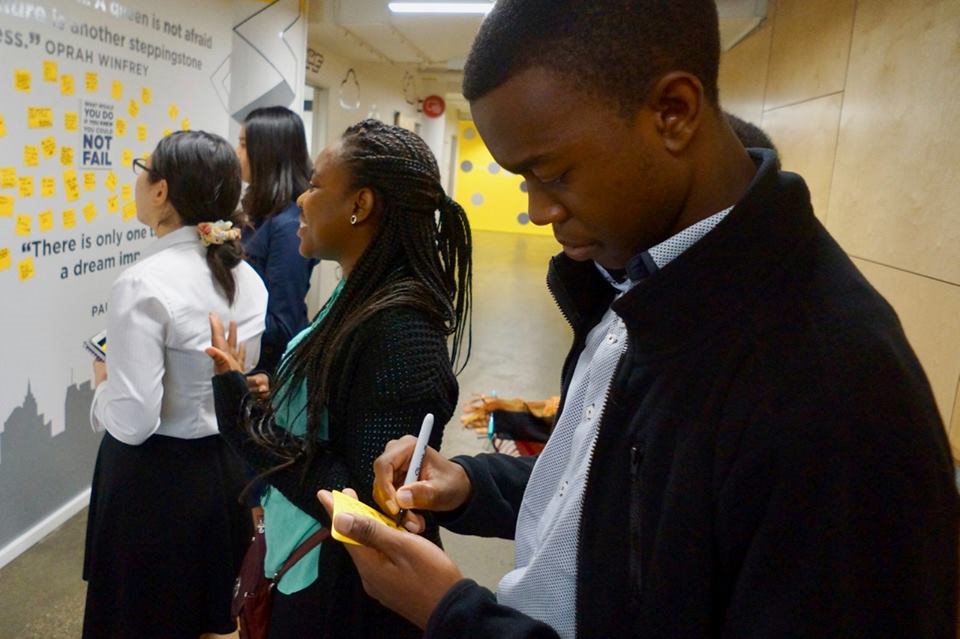The period of the ’60s, ’70s, ’80s and the ’90s brings back the image of a time in Africa when democracy was elusive. It bore the grunt of a period when people lived in fear of the unknown, with men in uniform parading the streets with guns, violating human rights as they go. This period is when prayers were offered for solutions, given how spiritual our fathers were.
Somehow that prayer was answered, as the 2000s brought a period of democracy, rights, and civil societies. There is a breath of fresh air. The streets were no longer littered with soldiers and guns; they were filled with traders and people doing their business.
Our Society has been transformed a long way from the period of military dictatorship, and people have begun to embrace the perception of rights and freedom against abuses and incarceration. While cogent problems relate to the development and poor management of resources, they have quickly been pushed aside as the cost of freedom and democracy. People basked in the assurance of the constitution and chose not to pursue anything further, including its enforcement.
By the dawn of the 2010s, the story began to change. While they still appreciated the existence of democracy, they began to see the need for real change. Seeing other democracies in the world thrive would bring that opinion before anyone, even the most ignorant man. Grievances were voiced in whispers in small groups, while people were told mainly to pray, seeing as God or the gods came through for us once.
And so, we turned to religion. We held onto the holy books tightly and chose to heed not the voice of logic but the preacher’s voice. When choosing chaos, we would unsheath our swords and wage wars while still holding on to the holy books. When it was time to enforce our rights, they would urge us to look unto God as the source of change.
And while we pay more attention to this, the decadence continues. Though more than enough, the resources suddenly became ‘scarce’ yet with nothing to show for it. Two decades into the realm of democracy, we are still in chains. Leaders older than the countries are left to make decisions for a large population of over 70% youths.

With no end in sight, youths take to the street to protest these ills. For instance, the October 2020 protests in Nigeria were remarkable to send a message that the youths had had enough. Then you have Zambia, Namibia, Uganda, South Africa, etc. Youths finally use their voices to make a stand. Seeing as this is a democratic setting, it is no secret that this medium of social change is constitutionally and internationally backed.
However, with the lack of government action; the lack of government commitment; the absence of change irrespective of the protests, a new wave of youthful movement is gradually spreading across the continent. As it stands in 2022, Military Coups are back in Africa, but this time, the youths are hoisting the flags and holding guns.
From the Col. Assimi Goïta of Mali, aged 38, Mamady Doumbouya of Guinea, aged 42, and most recently, Captain Ibrahim Traoré of Burkina Faso, who is aged 33, the message is clear – the youths will take it from here. It is a clear message to the bandwagon of old, greedy leaders who have underdeveloped the wealthiest continent in the world.
These military coups in Africa bear the 2022 message that the youths are finally putting down the holy books and taking a step forward to ensure that the continent’s future is not hampered. While others are looking to use other means to enforce the needed change, it is clear that to keep the flag of the continent flying; youthful hands must be on deck.
Read Also – “Arise Africa”- A call for action And responsibility for Africans.




